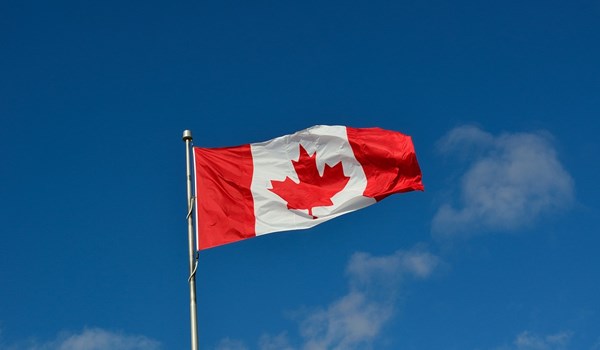Jurisdictions
Regions
Industry Sectors
30/03/22
CANADA: Province introduces new beneficial ownership rules for corporations.

As published on cbc.ca, Wednesday 30 March, 2022.
The New Brunswick government has introduced legislation that will force corporations to keep information on who is truly benefiting from the business, but stops short of making that information available to the public.
The bill, which was introduced in the legislature on Tuesday, brings New Brunswick in line with the federal government and several provinces that have already adopted beneficial ownership.
"New Brunswick is committed to working with our federal, provincial and territorial counterparts to reduce fraud and money laundering in the province by ensuring transparent ownership of private corporations," Finance and Treasury Board Minister Ernie Steeves said in the legislature.
"The proposed amendments will require corporations to maintain a register of individuals who have significant control in their companies, and who will make the information available to law enforcement as well as tax and other authorities."
But for Green Party MLA Kevin Arseneau, who has been pushing for the province to adopt more transparent corporate rules, the proposed changes don't go far enough.
"I'm happy to see it come forward at last, but it really doesn't hit the mark," Arseneau said.
"The huge problem is that it's not going be made publicly available and that is still a major problem in transparency. Just letting civil servants from the tax department or police officers look at it is not enough."
In New Brunswick, the corporate registry includes some basic information about companies, such as names and addresses of directors, but the current rules do not force companies to reveal beneficial ownership.
"Beneficial ownership refers to the natural persons who exercise ultimate ownership or control over a corporation through direct or indirect means, such as through an ownership interest or control over decision-making," according to a white paper issued by the province on beneficial ownership last year.
The government committed to adopting beneficial ownership in 2020, not long after a CBC News/Radio-Canada investigation, in partnership with the International Consortium of Investigative Journalists (ICIJ) and BuzzFeed News, found New Brunswick has lax corporate rules that make it hard to tell who really controls a corporation.
The proposed amendments would force businesses to keep a register that includes the name, date of birth and last known address "of each individual with significant control over the corporation."
The register also must include each person's jurisdiction of residence for income tax purposes and a description of how each person has significant control over the corporation "including a description of their interests and rights," among other details.
The proposed amendments spell out when that information can be disclosed to law enforcement and tax authorities, and what penalties they may face if they don't follow the rules, but it doesn't say anything about the information being made public.
Premier Blaine Higgs told reporters the proposed changes mirror amendments made in other jurisdictions across the country. The federal government adopted beneficial ownership for federal corporations in 2019, and several provinces have followed suit since then.
"I think we're following the protocol that exists elsewhere, so it's not like looking for, I guess, private companies and how they're structured, but it is not allowing them to take advantage of a tax system in a jurisdiction which, if all of the facts were known, would not be allowed," Higgs said, when asked why the information isn't going to be publicized.
"We're now, I think, in the same legal aspect of other provinces and that was the goal, so there aren't those hidden assets."
The premier said he didn't know the scope of the money laundering and fraud the legislation aims to reduce.
Even though New Brunswick hasn't yet committed to making beneficial ownership information public on its own provincial corporate registry, it may eventually become public on a federal registry.
Last week, the federal Liberals agreed to a deal with the NDP that will see the party support the government until 2025, contingent on working on an agreed list of priorities.
That list includes "implementing a publicly accessible beneficial ownership registry by the end of 2023," two years faster than the original federal timeline of the end of 2025.
Sasha Caldera was happy to see the accelerated timeline.
"The Russia-Ukraine conflict changed the entire game on tracking dirty money, particularly from oligarchs who have ties to President Putin," said Caldera, who is the beneficial ownership transparency campaign manager at Publish What You Pay Canada, which advocates more accountability from the oil, gas and mineral sector.
Caldera has been lobbying for the federal registry to be pan-Canadian, which means it would include information from across the country. If that happens, he hopes New Brunswick will be one of the first provinces to sign on.
"You don't want a situation where some of the provinces leapfrog and start developing their own publicly accessible registry," Caldera said.
"It is actually a lot better for all the provinces to be on board with the federal government and to do this."
In a news release, the New Brunswick government said it will "continue to participate in discussions" about a national, public beneficial ownership registry "and examine how such a registry would impact New Brunswick."
Even though the province hasn't yet committed to making beneficial ownership information public, Caldera still saw Tuesday's proposed amendments as good news.
"This is important for folks in New Brunswick because you don't want New Brunswick to be the dumping ground for the world's dirty money," he said.



